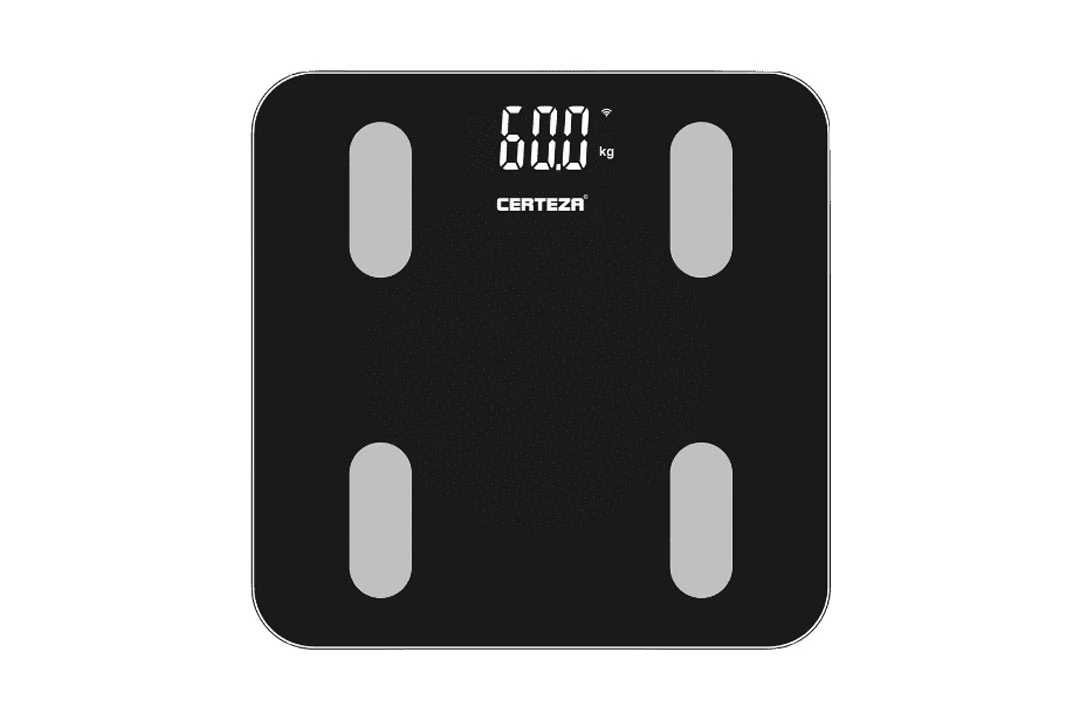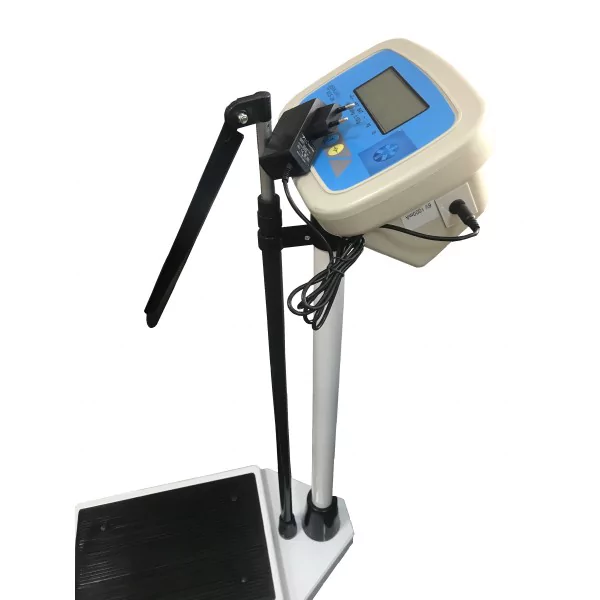- Your cart is empty
- Continue Shopping
The Difference Between a Weight Scale and a Body Composition Scale

In pursuing health and fitness, understanding the tools we use to measure our progress is crucial. Two commonly used devices are the weight scale and the body composition scale. While both provide information about our physical status, they offer different data types and insights. This article explores the differences between a weight scale and a body composition scale, as well as their functionalities, uses, and benefits, helping you decide which is right for your needs.
Table of Contents
Introduction to Measurement Tools
Measurement tools in health and fitness play an essential role in tracking progress, setting goals, and maintaining motivation. Weight and body composition scales are among the most commonly used devices, each offering unique benefits. Understanding the differences between these tools can help individuals achieve more precise and meaningful insights into their health and fitness levels.
What is a Weight Scale?
A weight scale, also known as a bathroom scale, is a device used to measure body weight. It is one of the most basic and widely used tools for tracking weight changes. Weight scales come in various types, including digital, analog, and smart scales, each offering different features and levels of accuracy.
How Does a Weight Scale Work?
A weight scale measures the force exerted by a person’s body mass on the scale platform. This force is then converted into a weight reading, typically displayed in pounds or kilograms. Modern digital scales use sensors to precisely measure, while analog scales use mechanical components.
Benefits of Using a Weight Scale
The primary benefit of using a weight scale is its simplicity and ease of use. It provides a quick and straightforward way to track weight changes over time, which can be particularly useful for those looking to lose or gain weight. Regular use of a weight scale can help individuals monitor their progress and stay motivated to reach their fitness goals.
What is a Body Composition Scale?
A body composition scale, also known as a body fat scale, is a more advanced tool that measures various components of body composition, including body fat percentage, muscle mass, bone density, and water weight. These scales use bioelectrical impedance analysis (BIA) technology to comprehensively overview an individual’s physical status.
How Does a Body Composition Scale Work?
A body composition scale sends a low, harmless electrical current through the body. Due to their varying resistance levels, this current travels at different speeds through various tissue types—such as fat, muscle, and bone. The scale measures the resistance and uses this data, along with information like height, weight, age, and gender, to estimate the percentages of different body components.

Benefits of Using a Body Composition Scale
The main advantage of a body composition scale is its ability to provide a detailed analysis of body composition. This information can be invaluable for individuals who want to understand their health and fitness levels beyond just weight. Users can make more informed decisions about their diet and exercise routines by tracking changes in body fat, muscle mass, and other components.
Key Differences Between a Weight Scale and a Body Composition Scale
Purpose
The primary difference between weight and body composition scales lies in their purpose. A weight scale measures only body weight, providing a single data point. In contrast, a body composition scale offers a comprehensive analysis of various body components, delivering multiple data points that paint a fuller picture of an individual’s health.
Functionality
A weight scale measures the total body mass and displays the result as a single number. A body composition scale, however, uses BIA technology to assess different body tissues and calculate various metrics like body fat percentage, muscle mass, and bone density.
Data Provided
The data provided by each scale differs significantly. A weight scale provides only the total weight, which can fluctuate due to factors like water retention and food intake. On the other hand, a body composition scale provides detailed information on body composition, allowing users to distinguish between muscle gain, fat loss, and other changes.
Use Cases
Weight scales are ideal for individuals who want a simple and quick way to monitor their weight. They are particularly useful for those on a weight loss or gain journey. Body composition scales are more suitable for individuals who want a deeper understanding of their body’s makeup. They benefit athletes, bodybuilders, and those focused on overall health rather than just weight.
Cost and Complexity
Weight scales are generally less expensive and simpler than body composition scales. They require no additional input other than stepping on the scale. Body composition scales tend to be more costly due to their advanced technology and the detailed analysis they provide. They often require users to input additional information like height, age, and gender for accurate readings.
When to Use a Weight Scale
Weight scales are recommended for anyone looking to monitor their weight regularly. They are especially useful for those on a weight management plan, whether for weight loss or gain. Regular use can help individuals track their progress and adjust their diet and exercise routines.
When to Use a Body Composition Scale
Body composition scales are ideal for those seeking a comprehensive understanding of physical health. Athletes, fitness enthusiasts, and individuals with specific health goals can benefit from these scales’ detailed data. By tracking changes in body composition, users can tailor their fitness programs more effectively and achieve their desired results.
Conclusion
Understanding the differences between a weight scale and a body composition scale is essential for anyone serious about their health and fitness journey. While both tools offer valuable insights, they serve different purposes and provide various data types. Weight scales are perfect for simple, regular monitoring of weight changes, offering ease of use and affordability. Body composition scales, however, provide a detailed analysis of various body components, making them ideal for those looking to gain a deeper understanding of their physical health.
Choosing the right scale depends on individual needs and goals. For those focused on weight management, a weight scale may suffice. A body composition scale is better for those aiming to understand their body’s composition and make informed decisions about their fitness routines. By selecting the appropriate tool, individuals can enhance their health monitoring efforts and achieve their fitness objectives more effectively.

